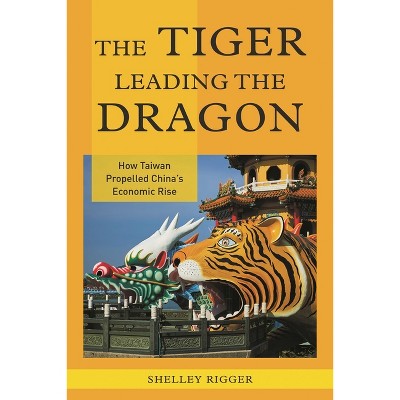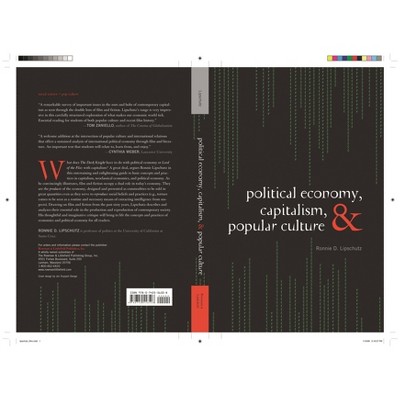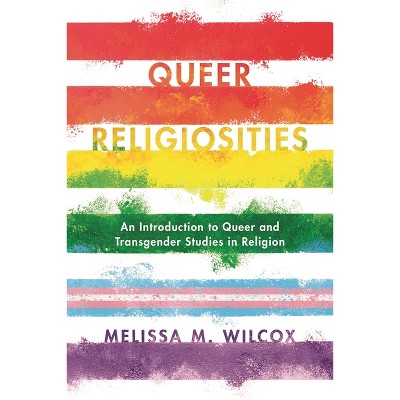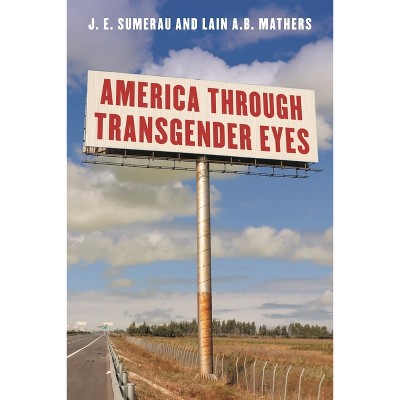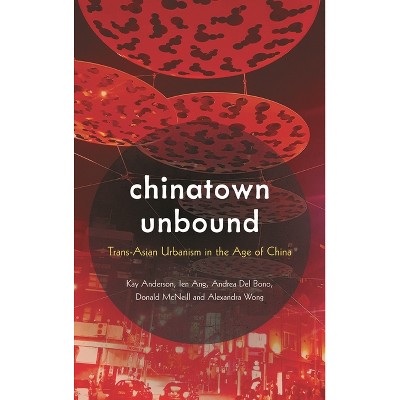About this item
Highlights
- Geopolitics is not dead, but nor does it involve the same old logic of a world determined by physical geography in a competition between Great Powers.
- About the Author: John Agnew is Distinguished Professor of Geography at the University of California, Los Angeles.
- 224 Pages
- Political Science, Political Economy
Description
About the Book
Geopolitics is not dead, but nor does it involve the same old logic of a world determined by physical geography in a competition between Great Powers. Hidden Geopolitics recaptures the term to explore how the geography of power works both globally and nationally to structure a...Book Synopsis
Geopolitics is not dead, but nor does it involve the same old logic of a world determined by physical geography in a competition between Great Powers. Hidden Geopolitics recaptures the term to explore how the geography of power works both globally and nationally to structure and govern the workings of the global political economy.
Review Quotes
At the moment the news is simultaneously filled with both the 'Great Power' ambitions of Russia to re-gain a sphere of influence lost since the Cold War, as well as the importance of the SWIFT banking transfer network in the West's subsequent choking off of the Russian economy. Agnew's treatise on hidden geopolitics, existing between the national and the global, could not be more timely in thinking through contemporary geopolitics.
Hidden Geopolitics is a tour de force that delivers a clear message: neither globalization nor geopolitics captures the reality of contemporary world politics. We live in an "in-between world" where great powers continue to vie for domination, but meanwhile all sorts of hidden geopolitics determine how the world really works. This is rarely a good thing, but to remedy the system's faults we must first clearly see the fault lines.
Hidden Geopolitics is an intellectual tour de force. Agnew brings a distinguished career of critical thinking about space and power to deciphering how contemporary world politics actually works. What we think of as geopolitics -- territorial struggles between great powers -- obscures the hidden and routine deployments of power over space by a great variety of non-state actors. Geopolitics and globalization are not opposites but entwined co-productions. In case studies of US border politics, Chinese narratives, US federalism and credit-rating agencies, Agnew exposes the hidden ways in which geopolitics actually works to produce the messy, turbulent and unjust world politics we experience every day.
Hidden Geopolitics rejects simplistic dichotomies between state and non-state actors, between geopolitics and globalization. It is a nuanced and helpful exploration of ways to analyze and grapple with an ever more complex world.
I have been a strong proponent of taking territory seriously in the contemporary world. But that does not mean that we should ignore the ways in which territorial arrangements and the networks, flows, and assemblages associated with globalization are intertwined. Hidden Geopolitics makes a compelling case for their interpenetration. Drawing on different facets of his rich scholarly oeuvre, John Agnew has developed an account of remarkable historical and geographical depth that offers telling insights into how often-underappreciated geographical extensions of power have shaped, and continue to shape, the world in which we live.
John Agnew could not have written a more timely and important book. Writing in the midst of a violent invasion of Ukraine by Russia, we need to understand not just the brutal logics of spatial expansionism and the domination of place but also the hidden and messy entanglements of finance, culture, business, energy, and electoral politics.
This book is an erudite and broad-ranging exploration of the interplay between logics of the territorial state and globalization in varied forms and contexts. John Agnew convincingly argues that our failure to recognize how "territorial determinism" and a "world of flows" coexist has undermined progress toward understanding and managing global political economy. Hidden Geopolitics points toward new realms of interdisciplinary research and should be pre-requisite reading for those seeking to lead states, firms, and varied regulatory agencies in the 21st century.
This book represents the latest effort by one of the leading political geographers of his generation and the winner of two Choice Outstanding Academic Title awards. This current work does not disappoint. Agnew ably elucidates the less obvious (hence "hidden") financial, cultural, regulatory, and developmental dimensions of interstate interactions in the post-1990 era of globalization. He brings into focus the often-neglected forces operating outside the military and diplomatic competitions among states.. Readers at all levels will benefit from the shift in Agnew's focus away from the strictly territorial definitions of geopolitics and toward the multifarious, often hidden transnational and global interconnections and networks underlying the dynamics of the contemporary world. Highly recommended. Undergraduates through faculty; professionals; general readers.
Timely and incisive, Agnew once again rethinks the field of geopolitics by turning attention away from analysing traditional actors - such as the territorial nation state - to consider instead the wealth of agents and processes involved in global capital flows. Hidden Geopolitics provides a conceptual toolkit to understand the geographical implications of offshore financing and associated illicit and licit flows of money. It will be an essential text for student and researcher alike, advancing our geographical and historical understanding of the making of the world in the 21st century.
About the Author
John Agnew is Distinguished Professor of Geography at the University of California, Los Angeles. A native of Cumbria in England, he has taught at a number of US, Canadian, and European universities. A Fellow of the British Academy, in 2019 he received the Vautrin Lud Prize, the highest academic award for the field of geography. As well as being the founding editor of Territory, Politics, Governance, he is on numerous editorial boards including the Review of International Political Economy, International Political Sociology, and the European Journal of International Relations. For 2008-9 he was President of the American Association of Geographers and he is currently President of the Regional Studies Association. He is the author of numerous books including Hegemony: The New Shape of Global Power (2005), Globalization and Sovereignty: Beyond the Territorial Trap (2017), and Mapping Populism: Taking Politics to the People (with M. Shin 2019).






